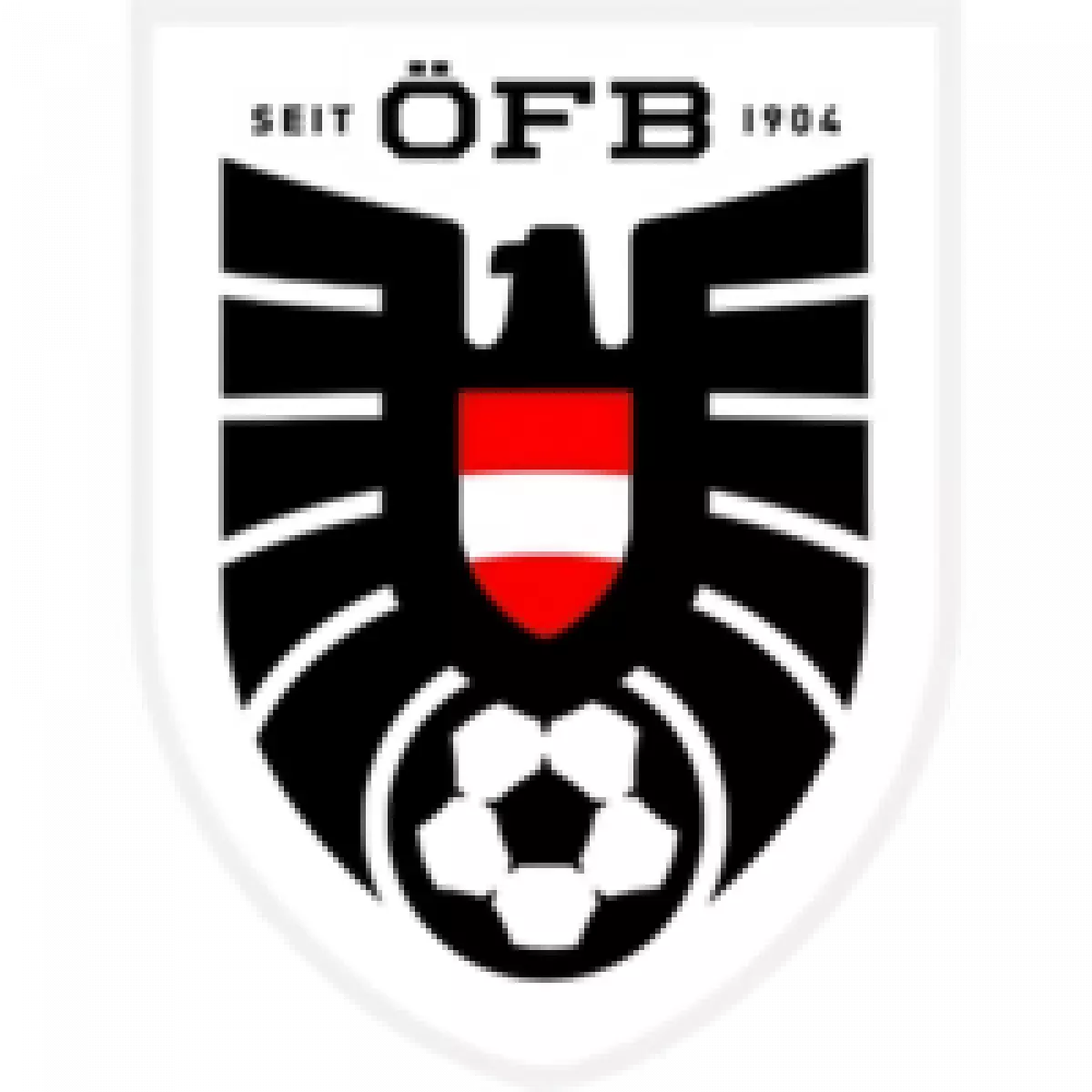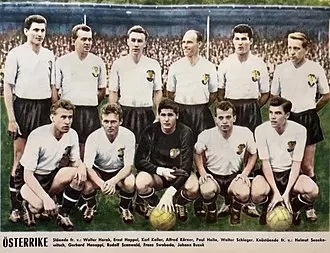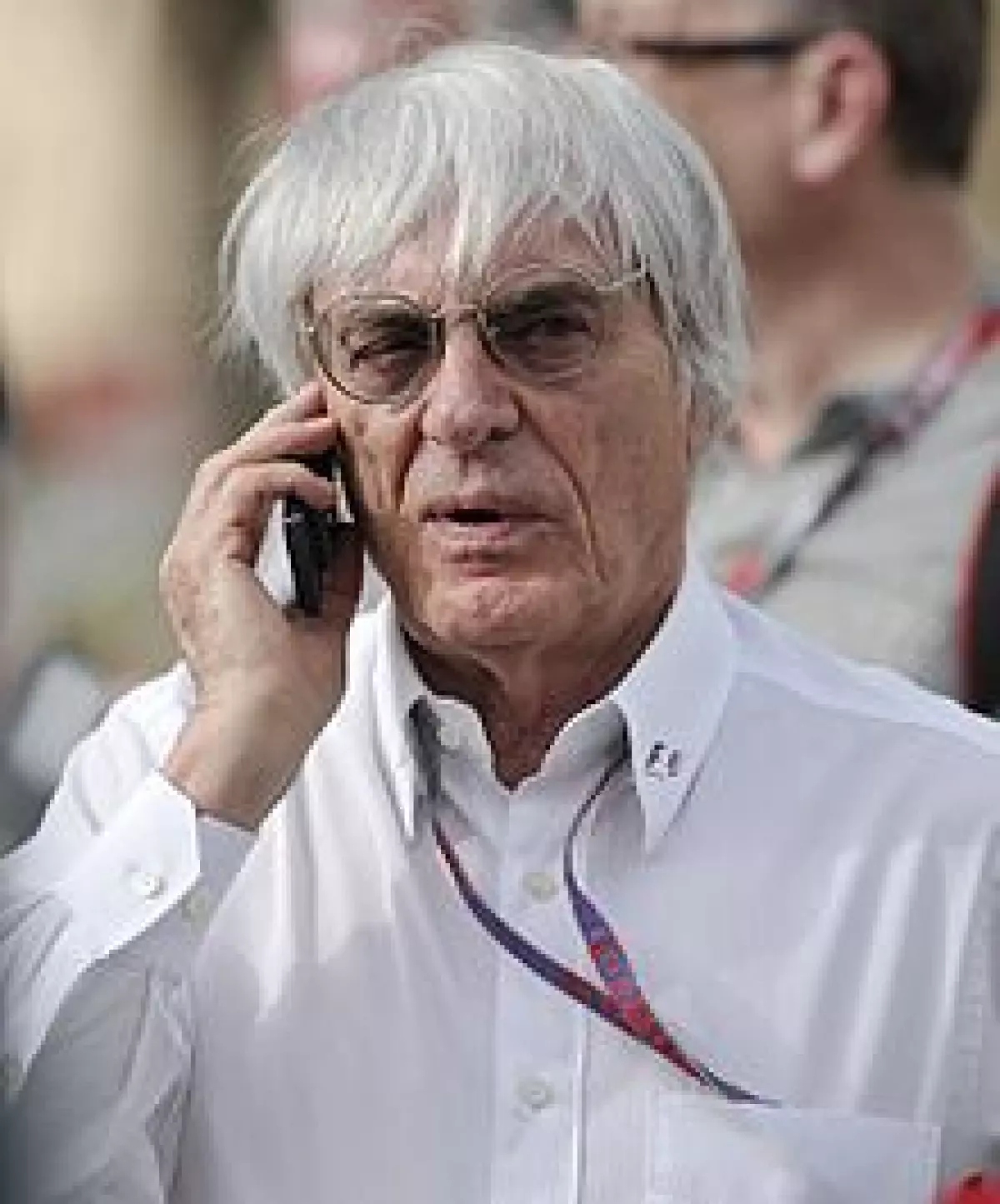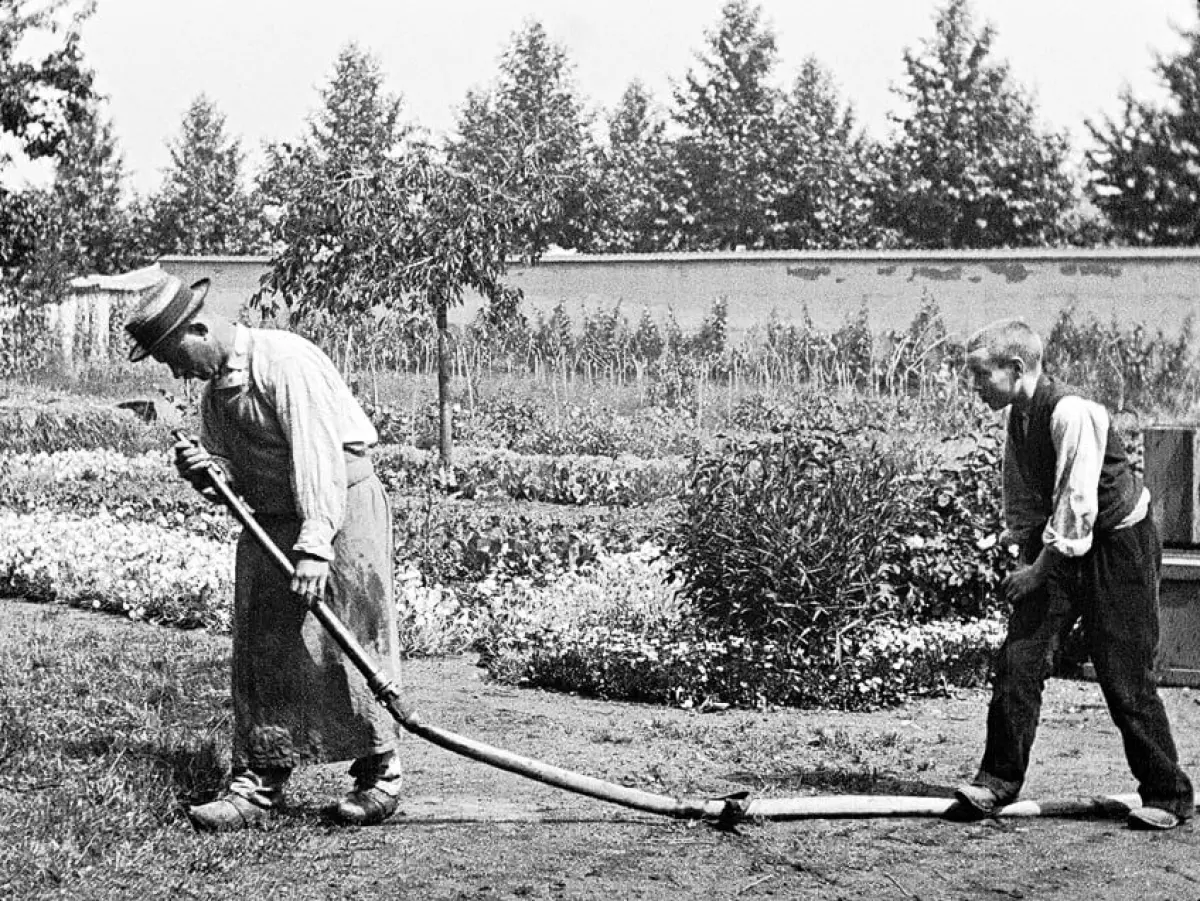
The Austria national football team, also known as "Das Team," has a rich history in men's international football competitions. Representing Austria, the team is governed by the Austrian Football Association (ÖFB). Throughout the years, the team has experienced both successes and challenges, with a story that is filled with triumphs and resilience.
Pre-World War II
The Austrian Football Association, also known as "ÖFB," was established on 18 March 1904 during the Austro-Hungarian Empire. The team quickly rose to prominence under the guidance of coach Hugo Meisl in the 1930s. They became a dominant force in Europe and gained the nickname "Wunderteam." Led by star player Matthias Sindelar, Austria achieved notable victories against strong opponents like Scotland.
In the 1934 FIFA World Cup, Austria finished fourth after a close defeat to Italy in the semi-finals and Germany in the third-place play-off. They were also runners-up in the 1936 Olympic, losing to Italy in the final. Despite these accomplishments, Austria's success was overshadowed by political events. Adolf Hitler allegedly annulled a surprise victory by Peru in the quarter-finals of the 1936 Olympic to favor Austria. Subsequently, Austria qualified for the 1938 World Cup but was annexed to Germany before the tournament, resulting in their withdrawal.
After World War II
After World War II, Austria regained its independence from Germany and started to rebuild its national football team. The team's best result came in the 1954 FIFA World Cup, where they finished third. Led by midfielder Ernst Ocwirk, Austria defeated defending champions Uruguay in the third-place play-off. This achievement marked the peak of the team's success during this era.
Throughout the 1970s and 1980s, Austria maintained a strong team anchored by Herbert Prohaska and striker Hans Krankl. Coached by Helmut Senekowitsch, this Austria team is widely regarded as the best post-World War II Austrian football team. They participated in the 1978 and 1982 FIFA World Cups, reaching the second round on both occasions.
21st Century: Revival and Challenges
In recent years, the Austria national football team experienced a revival. Led by prominent players like Marko Arnautović and David Alaba, the team qualified for the UEFA European Championship in 2016 and 2020. In the 2020 edition, they reached the round of 16 for the first time in their history.

However, the team also faced challenges along the way. They failed to qualify for the 2018 FIFA World Cup and struggled in the qualifying stages of the UEFA Nations League. Despite these setbacks, the team remained resilient and continued to work towards achieving success.
Building a Strong Foundation for the Future
Under the guidance of head coach Ralf Rangnick and captain David Alaba, the Austria national football team is focused on building a strong foundation for the future. With a talented pool of players and a dedicated coaching staff, they are determined to continue their upward trajectory in international competitions.
Through hard work, teamwork, and a commitment to excellence, Austria aims to solidify its position as a competitive force in international football. The team's journey, filled with triumphs and challenges, serves as an inspiration to all football enthusiasts, showcasing the power of resilience and dedication.
As the Austria national football team continues to make its mark on the global stage, the future looks bright for this proud footballing nation. With the support of fans and the determination of its players, Austria is poised to achieve even greater success in the years to come.
















